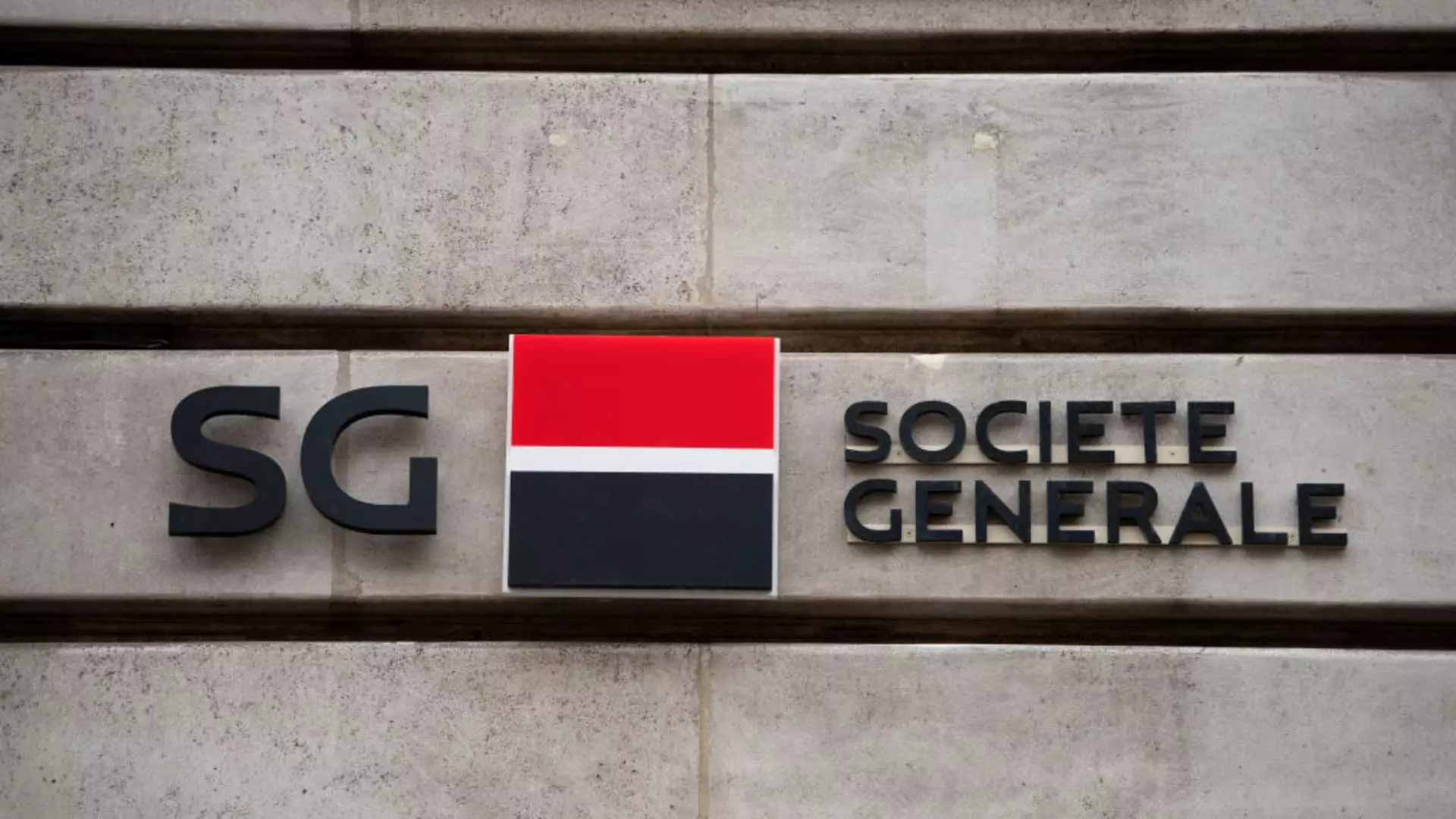The case of former Societe Generale trader, Kavish Kataria, sheds light on the issue of accountability within financial institutions. Kataria accused the French bank of unfairly dismissing him for unauthorized risky bets, labeling him as a “scapegoat” while failing to take responsibility for their own oversight. His claims of reporting profits and losses on a daily basis to superiors, both in Hong Kong and Paris, raise questions about the bank’s internal risk management system. Instead of acknowledging their own shortcomings in identifying the trades in a timely manner, Societe Generale chose to terminate Kataria’s contract, leaving him feeling betrayed and mistreated.
Societe Generale’s statement on the matter, claiming to have identified a one-off trading incident, may not fully address the root cause of the issue. While it is true that the trades did not result in any financial losses for the bank, the potential risk of significant losses in the event of a market downturn is concerning. The fact that Kataria’s unauthorized trades went unnoticed for an extended period raises questions about the effectiveness of the bank’s risk control framework. The lack of immediate detection of intraday trades, which were not within Kataria’s permitted scope, highlights a gap in supervision and oversight.
Kataria’s plea for better regulation within the trading industry is understandable, given his experience of being dismissed and having his previous year’s bonus withheld. His frustration at the lack of rules or regulations to protect traders’ rights reflects a broader issue within the financial sector. The disparity in treatment between traders and financial institutions, particularly when it comes to accountability and fair compensation, underscores the need for industry-wide standards and guidelines. Without proper regulations in place, traders like Kataria may continue to face unjust consequences for their actions.
Societe Generale’s history with rogue traders, such as Jerome Kerviel, who incurred significant losses for the bank in 2008, should serve as a cautionary tale. The risks associated with unchecked trading activities and inadequate risk management practices can have far-reaching consequences for financial institutions. The parallels between Kerviel’s case and Kataria’s dismissal highlight the recurring challenges faced by banks in maintaining control over their trading operations. Learning from past mistakes and implementing stronger risk management strategies is crucial in preventing similar incidents in the future.
The case of Kavish Kataria and Societe Generale raises important questions about accountability, risk management, and industry regulation within the trading sector. The treatment of traders by financial institutions, the oversight of trading activities, and the need for clearer guidelines and standards are all key issues that need to be addressed. By learning from past experiences and working towards a more transparent and fair trading environment, the financial industry can strive towards greater integrity and accountability.

Leave a Reply